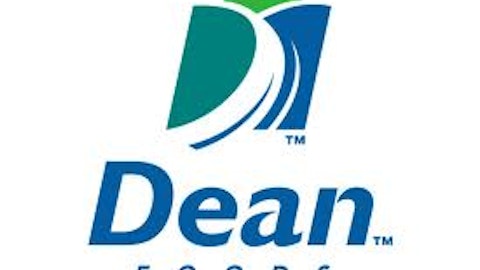Employees portray a company with a “work hard, play hard” culture with a management style that often seems to be disorganized. Perhaps the next CEO can straighten the staff out, but changing the culture is difficult, especially since many employees signed on in part for the offbeat workplace. As one jaded former salesperson wrote on Glassdoor.com, “Before they went public, this was THE best place to work in Chicago. Now, it’s a grind to move the stock price up pennies at a time, with no consideration for the long-term effects.” With Mason’s exit, the company may be taking one more step in a misguided corporate overhaul.
Co-founder and Executive Chairman Eric Lefkofsky and Vice Chairman Ted Leonsis will take over in the interim while the company searches for a new chief.
Lefkofsky is also Groupon’s biggest shareholder, and as an entrepreneur with previous start-ups like Starbelly.com and Brandon Apparel, he has a history of shepherding high-growth companies into ruin. Leonsis is a veteran of AOL, Inc. (NYSE:AOL), who saw the company through its rise and fall and subsequent modest recovery.
Groupon Inc (NASDAQ:GRPN) investors were doomed from the start. A $15 billion initial valuation is generally reserved for healthy, stable companies with a long history of profits, not speculative growth plays in undefined industries with no profits to show for themselves. Household names like Macy’s, Inc. (NYSE:M), Whole Foods Market, Inc. (NASDAQ:WFM), Aetna Inc. (NYSE:AET), and The Kroger Co. (NYSE:KR) trade in the $15-billion valuation range.
The other problem was the business model. Groupon’s launch in November 2008 was perfectly, if accidentally timed, with the financial crisis and subsequent recession. The business thrived off penny-pinching deal-seekers and merchants in need of cash flow. But over time, Groupon Inc (NASDAQ:GRPN) rubbed many participating merchants the wrong way, consumers got deal fatigue, and the faddish trend seemed to peak. No. 2 deals site Living Social recently announced layoffs, and Groupon’s revenue would’ve fallen this quarter had it not been for its new marginally profitable direct revenue channel, made up of selling clearance items directly to customers. Gross profit, which accounts for all revenue streams, fell more than 10% in the quarter.
Foolish takeaway
Perhaps some adult supervision can reverse the slide after some housecleaning and layoffs and such, but I wouldn’t expect any magic. Groupon was a speculative play all along in a new, exciting, potentially lucrative industry, but there was never an economic moat, and consumer and merchant fatigue took over. Leadership was never the problem.
The article Andrew Mason Was Not the Problem originally appeared on Fool.com.
Fool contributor Jeremy Bowman has no position in any stocks mentioned. The Motley Fool recommends Amazon.com, Google, and Whole Foods Market (NASDAQ:WFM). The Motley Fool owns shares of Amazon.com, Google, and Whole Foods Market.
Copyright © 1995 – 2013 The Motley Fool, LLC. All rights reserved. The Motley Fool has a disclosure policy.





